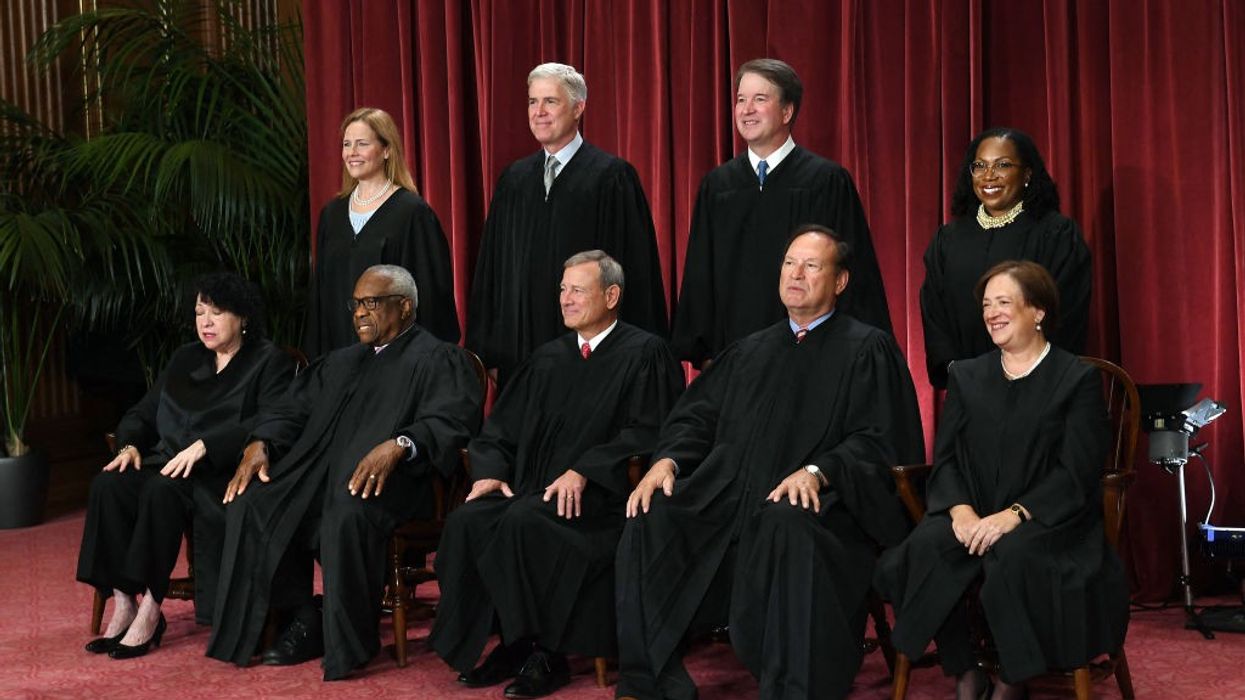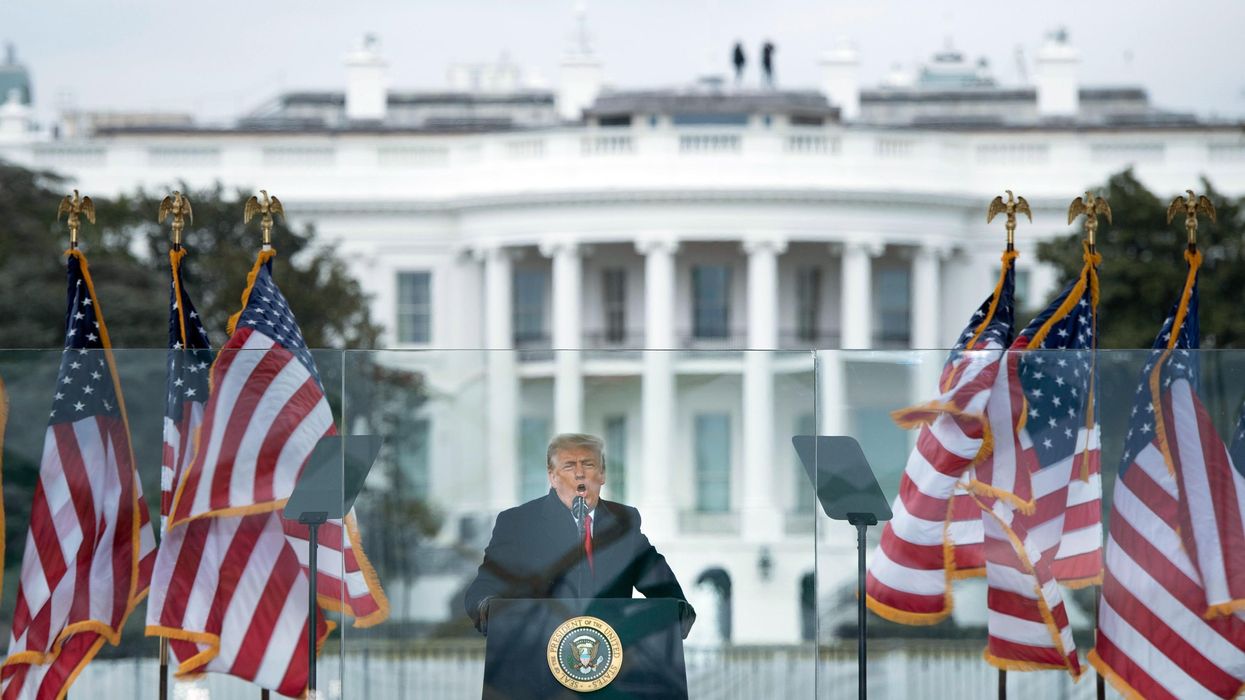Fraenkel shows, well before the events, how, after the court’s decision, as Sonia Sotomayor stated in her dissent, “the President is now a king above the law,” a king with the ability to act arbitrarily, without fear of sanction, in violation of the constitutional restraints the English Revolution sought to impose on the King in the 17th century, and the restraints that prior to the court’s decision, the U.S. Constitution was understood to impose on the president.
The clearest indication, so far, that Trump intends to rule using prerogative powers is his desire to infringe on the Senate’s authority to confirm or reject his appointments.
In patrimonialism, agents in the state function as “personal servants” of the leader. They are the vehicle for the expansion of the scope of the leader’s power, which is enhanced to control areas previously understood as outside the executive’s purview, including many that were previously legislative or judicial.
Charles I was king within an institutionalized state. He was able to claim that his misuse of prerogative powers, substituting them for actions that fell within the scope of parliamentary powers, was legitimate. When Hitler was named chancellor, he quickly moved from an illegal expansion of his powers to a coup d’état, governing using arbitrary prerogative powers. Like Charles I, he cloaked his usurpations in legal terms, but, in fact, as Fraenkel put it, characterizing the Nazi “constitutional” state, “There are no legal rules governing the political sphere. It is regulated by arbitrary measures (Massnahmen), in which the dominant officials exercise their discretionary prerogatives. Hence the expression ‘Prerogative State’ (Massnahmenstaat),” a patrimonial state.
In Nazi Germany, “Absolute dictatorial power is exercised by the leader and chancellor either personally or through his subordinate authorities. His sole decision determines how this power shall be wielded.” In his attempt to legalize his absolute power, the support given to Hitler by traditional conservative forces, including those within a fundamentally conservative legal order, was crucial. While there were sporadic attempts to curtail Hitler’s prerogative, they failed, because of institutional deficiencies and because of the timidity of those who were in a position to defend the Weimar political and legal order. Likewise, in the USA, where the constitutional-judicial safeguards are stronger, the conservatives within the legal and political order have followed their leader like lemmings walking off a cliff. Now the Supreme Court has enabled future presidents to claim, without fear of sanction, sovereign, patrimonial power, immunity for all “official” actions undertaken as president.
Crucially, the determination of what falls under the prerogative is made by the leader himself. As Fraenkel puts it, “The decisions of the state are free from normative restrictions. The state becomes absolute in the literal sense of the word.” The Nazi state suggested that “politics” was independent of the law, “and that the definition of the boundary lines between the two rests in the hands of the political authorities themselves.” If the majority on the Supreme Court thinks that the leader they have enabled will allow them to regulate his actions, it can only be because of their ignorance of history.
While the leader’s prerogative powers may derive from an emergency, it is often the fascist movement that creates the emergency it claims the power to resolve. In Nazi Germany, Fraenkel tells us, “Normal life is ruled by legal norms. But since martial law has become permanent in Germany, exceptions to the normal law are continually made... Whether the decision in an individual case is made in accordance with the law or with ‘expediency’ is entirely in the hands of those in whom the sovereign power is vested. Their sovereignty consists in the very fact that they determine the permanent emergency...”
“From this follows the principle that the presumption of jurisdiction rests with the Normative State,” he continues. “The jurisdiction over jurisdiction rests with the Prerogative state. The limits of the Prerogative State are not imposed upon it; there is not a single issue in which the Prerogative State cannot claim jurisdiction.”
As Fraenkel contends, “the legal situation of the 17th century has been reincarnated. The tendency defeated in England in the 17th century gradually attained success in [Nazi] Germany” (my italics). Now, with the aid of the Supreme Court, we in the United States are at peril of repeating this history, of witnessing President-elect Donald Trump, or one of his successors, acting with absolute immunity in what he chooses to define as his constitutional authority, and the Supreme Court will find that they have authorized him to do so.
The clearest indication, so far, that Trump intends to rule using prerogative powers is his desire to infringe on the Senate’s authority to confirm or reject his appointments. He wants the Senate to let him make recess appointments without their consent, and he has chosen a set of candidates who are among the most unqualified and dangerous in American history. The question now is whether the Senate will guard its constitutional authority to both vet and reject Trump’s candidates. If they do not do so, they, along with SCOTUS, will chart a path to fascism.



